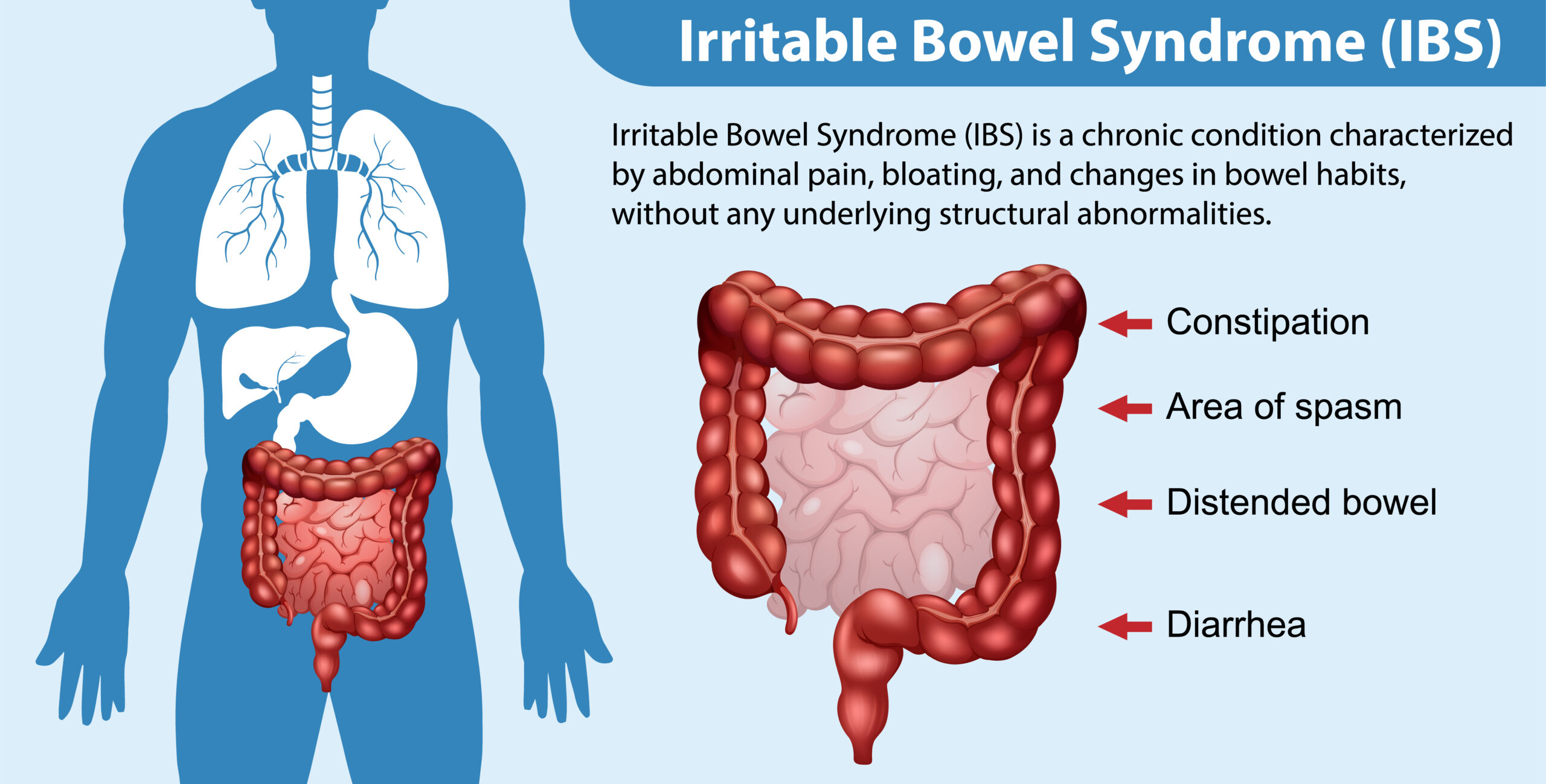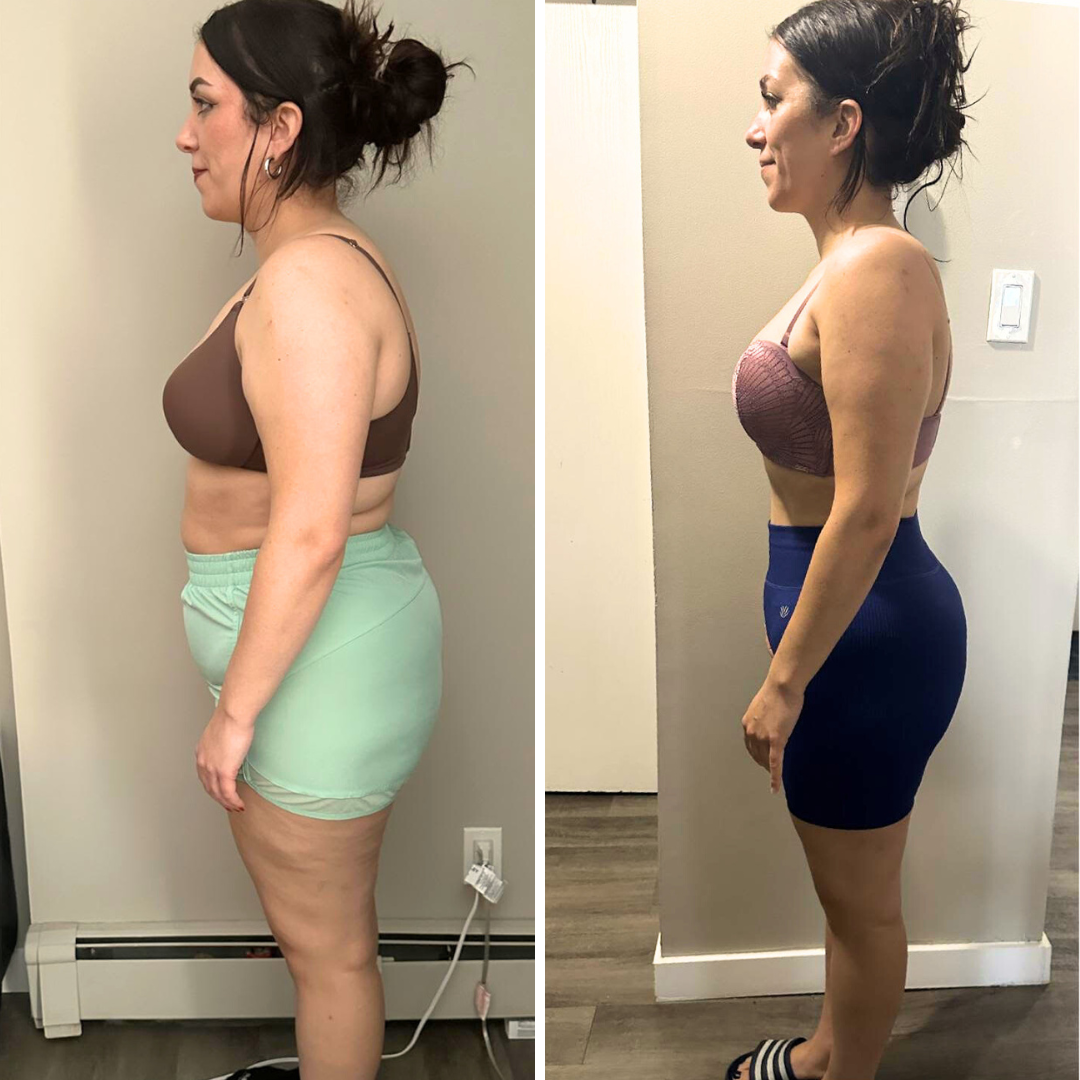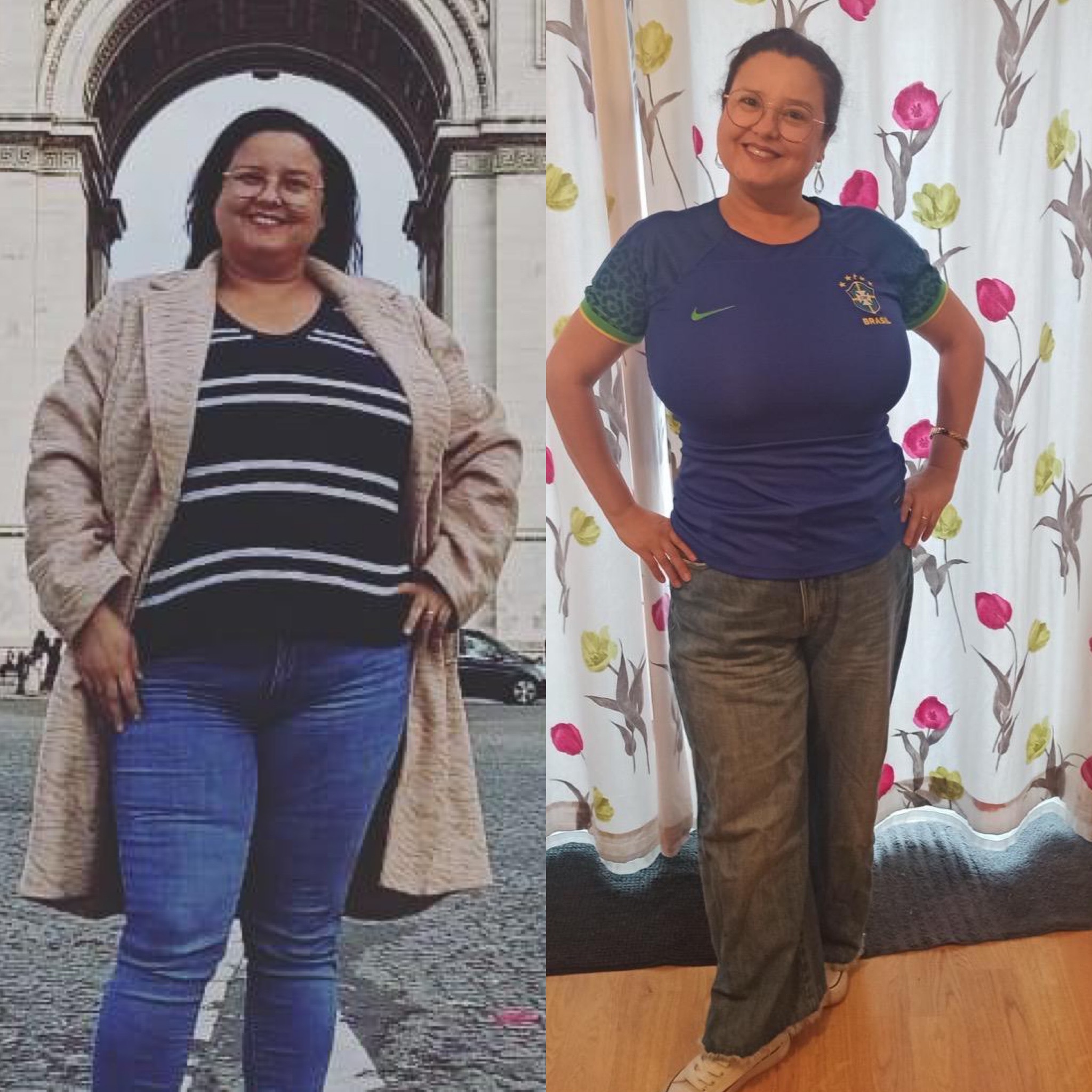How a FODMAP Dietitian Can Help You with IBS Treatment?

If you suffer from Irritable Bowel Syndrome (IBS) or experience digestive issues, you know the inconvenience, distress and discomfort that it can bring to your daily life. IBS is the most common disorder of the digestive system, with up to one-third of the UK population experiencing symptoms. Furthermore, for many, food is the main cause of these symptoms, so knowing what foods are causing digestive issues and understanding how to manage them is essential to a better quality of life.
Here in our clinic, we take very good care of our patients with IBS. Our approach is unique and tailored for each case individually. With over 15 years of practice, we dedicate ourselves to providing the best dietetic practice available to our knowledge.
Diet for an IBS patient is the most complex diet to design, the dietitians work hard taking into account individual food preferences, and health history, they eliminate all the FODMAPs and the most effective part is that in our clinic we suggest that all our patients take the food intolerance test. As a fodmap dietitian is a specialist in the digestive system and IBS, they can design and implement an effective diet plan to manage IBS and other digestive problems. The dietary treatment is very personalised and complete.
In practicality, what you will receive is an easy-to-follow diet, unlimited nutrition support to monitor symptoms and progress, and IBS dietitian expert care to ensure your diet is balanced with all the vitamins and minerals you need.
Let’s understand a bit more about IBS…
What is IBS and what are the main symptoms?
IBS is a long-life condition in the digestive system, although the symptoms can vary throughout life.

Some of the main symptoms that people with IBS report are:
- Stomach pain and cramps
- Diarrhea that is ongoing or awakens you from sleep
- Anaemia related to low iron
- Diarrhoea
- Bloating
- Constipation
- Weight loss
- Rectal bleeding
- Fever
- Nausea or recurrent vomiting
What triggers the symptoms also varies from person to person, but IBS symptoms are triggered by a combination of factors like food, stress, lack of exercise and some medications.
When should I seek help from an IBS dietitian (FODMAP)?
Some people experience very mild symptoms, but most people with IBS suffer daily and this can distress their daily lives. So if you are having your daily life affected by gastro symptoms that cause distress, you should book a consultation with an IBS dietitian or nutritionist because they will be able to help you manage these symptoms and carry on your daily routine normally.
And what about food intolerances and IBS?
The food intolerance test in our opinion is essential for the IBS treatment.
It is very common to see food intolerance test results of a person with IBS with many intolerances. That is why in our clinic we not only treat IBS with a Low FODMAP diet but also suggest taking the test. The treatment is much more efficient and the patient will feel the relief much quicker.
So let’s explore the most popular and effective approach to treat IBS, the Low FodMap diet.
What is the Low FodMap diet?
The term was first made popular in the earlies 2000s, in Australia when Dr Peter Gibson and Dr Sue Shepherd created the FODMAP diet in Australia, an elimination diet which attempts to improve symptoms in functional gastrointestinal disorders. FODMAPs is an abbreviation for Fermentable Oligosaccharides, Disaccharides, Monosaccharides and Polyols, they are short-chain carbohydrates and sugar alcohols that are not absorbed properly in the small intestine causing the most common symptoms of IBS including bloating, gas, abdominal pain, and constipation. The low FODMAP diet has gained popularity for its effectiveness. Put simply, you remove these FODMAP foods temporarily or reduce the quantity and frequency for some time. Is valid to point out that the elimination diet should be supervised by a dietitian or nutritionist.
Foods that contain FODMAPs:
Excess Fructose: Honey, Apples, Mango, Pear, Watermelon, High Fructose Corn Syrup
Fructans: Artichokes (Globe), Artichokes(Jerusalem), Garlic (in large amounts), Leek, Onion (brown, white, Spanish, onion powder), Spring Onion (white part), Shallots, Wheat (in large amounts), Rye (in large amounts), Barley (in large amounts), Inulin, Fructo-oligosaccharides.
Lactose: Milk, ice cream, custard, dairy desserts, condensed and evaporated milk, milk powder, yoghurt, soft unripened cheeses (eg. ricotta, cottage, cream, mascarpone).
Galacto-Oligosaccharides (GOS): Legume beans (eg. baked beans, kidney beans, bortolotti beans), Lentils, Chickpeas
Polyols: Apples, Apricots, Nectarines, Pears, Plums, Prunes, Mushrooms, sorbitol (420), mannitol (421), xylitol (967), maltitol (965) and isomalt (953).
How does a Low FODMAP work?
The low FODMAP has two phases. They are the elimination phase and the re-introduction phase. They are the elimination phase and the re-introduction phase. It is recommended that you consult a dietitian with experience in both phases.
It is important to remember that although the phases are described below, dietetic treatment is very personalised and varies from person to person depending on factors like symptoms, lifestyle, and medical history.
In summary, what you should expect:
Initial assessment: typically the dietitian will ask questions about the symptoms, lifestyle and food intake. If necessary they will request a blood test and a food intolerance test. It’s very common to not absorb well nutrients if you suffer from digestive issues and consequently have nutrition deficiencies.
Elimination diet: They will then design a personalised elimination diet. A diet with low FODMAP foods that are appropriate for your metabolism and symptoms, taking into consideration the types of food you like, portion size, and timings to eat. This phase lasts for 4-6 weeks. This phase is crucial to understanding the foods that trigger IBS symptoms to manage in long-term life.
Monitoring and support: It is essential to be guided by a FODMAP dietitian who can support and answer any questions you might have during the elimination phase. Some adjustments to the diet and monitoring of symptoms might be necessary. Remember, eliminating and not substituting with the right food can lead to nutrition deficiency.
Re-introduction diet: This is a very important phase and is very individual. In this phase, the dietitian will re-introduce gradually the FODMAP food and the individual can pinpoint which foods trigger the symptoms and which foods its best tolerated. The re-introduction phase will normally be structured per FODMAP group every 3-7 days.
Please note that the Low Fodmap diet is not a NO Fodmap diet. Eliminating all the foods is not desirable and not recommended. Speak to a specialist nutritionist or dietitian near you to have professional guidance.
Managing IBS or digestive issues can be a complex and structured process. However, if you hire a FODMAPs dietitian to guide you with her expertise, it will be a life change because the benefits of knowing the foods that trigger the symptoms and having the knowledge to manage it well are priceless. Be more confident, more energised, symptom-free and improve quality of life in general.
If you are looking for an IBS dietitian for a low FODMAP diet and food intolerance test to help you manage IBS symptoms, we can help you!
Get an action plan with a Free Assessment!
Get personalized insights to enhance your well-being and achieve your goals. In this 15-minute video call, we will listen to you and guide you on what you need to do.
Schedule Your Free AssessmentRecent blogs







